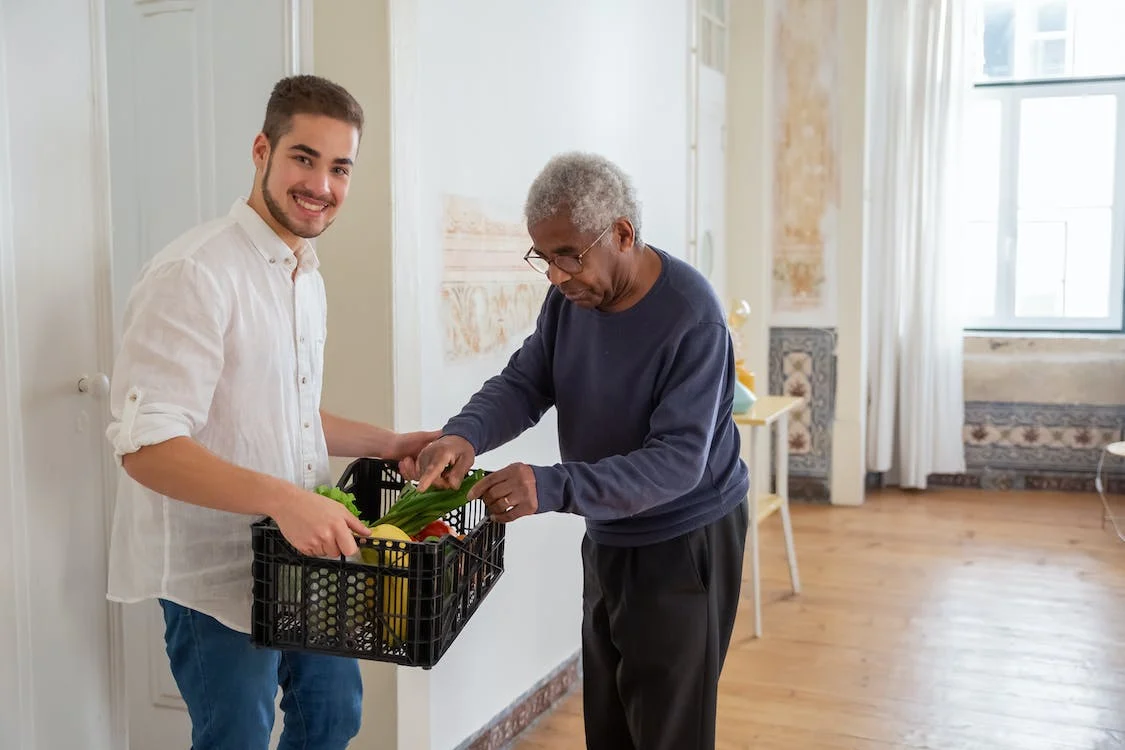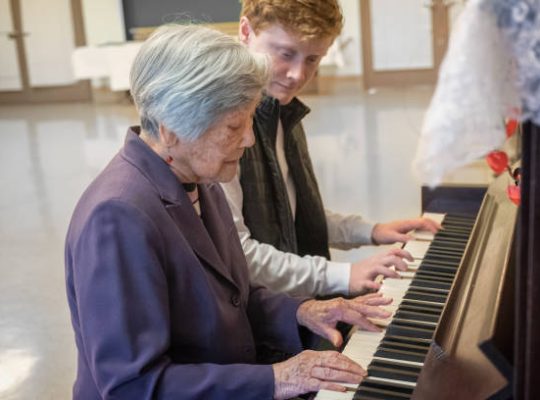As we age, we develop various physical and mental health problems. While physical ailments are common and openly discussed, cases of memory impairment in the elderly are not uncommon. As age advances, the likelihood of memory impairment increases considerably. The habit of “forgetting things” that we commonly associate with the elderly and often consider a normal consequence of old age can be an early symptom of forgetfulness or brain damage. The symptoms can range from mild cognitive impairment to dementia and Alzheimer’s. Memory impairment is a challenging problem for patients and their caregivers. It can make it difficult to perform activities of daily living, maintain communication, and learn new skills.
Being mentally active and receiving appropriate psychiatric treatment can slow the progression of dementia. These activities may vary depending on the person’s hobbies, preferences, and the nature and extent of memory. However, they have a clear purpose: to achieve the person’s emotional and mental well-being.
The 7 Best Fun Activities for Seniors
1) Listening To Music
Music can play an essential role in the mental health of the elderly. Not only does it have a calming effect, it can also evoke forgotten memories and remind them of their best days. People who love music have been shown to enjoy music even when their other senses are dulled. A good idea is to make a mix tape of favorite songs from your youth or childhood.
2) Taking a Walk Outdoors
Being outdoors or in nature is a calming activity. A walk in the park or an outing to the zoo can be enjoyable for older adults with memory impairment. Indoor activities can sometimes bring a sense of entrapment, while outdoor activities can be a reminder of youth for older adults.
3) Puzzles and Quizzes
Even simple puzzles and quizzes are fun and beneficial activities for older adults with mild memory impairment. Puzzles and quizzes encourage spatial reasoning and problem solving. In addition, if made as personal as possible, such as with a photo puzzle, they can trigger multiple positive emotions.
4) Group Games
specific activities can be planned and scheduled for older adults with memory impairment. This way, the adults can have fun and a healthy sense of competition. Simple games such as cards, checkers, or bingo can be a natural way to participate.

5) Photos and Albums
A book filled with photos of loved ones and happy times can be very reassuring. Older adults with memory impairment can stimulate their creativity and memory by participating in making scrapbooks and albums that they can decorate to their liking using colored markers and pens. Photography can be combined with arts and crafts to avoid boredom and also provide a sense of accomplishment when completed.
6) Gardening/Cooking
Everyday activities such as gardening and cooking stimulate the elderly’s sense of self-sufficiency. Elderly people with mental health issues often rely on caregivers for even the smallest of tasks, and in these situations, a sense of self-sufficiency can evoke feelings of enjoyment. Routine activities also involve performing daily household chores. Plant care and gardening are also a great way for parents to feel involved.

7) Pet shop/pet Store Visits
Whether habitual or for caregiving, interacting with animals can be therapeutic for the elderly. Animals appreciate unconditional love as much as the elderly do. Additionally, it may provide caregiving opportunities for the elderly. Having a therapy animal as a pet can also benefit seniors living alone.
Do you have any other tips that could help? Don’t hesitate to share it with us in the comments below!






